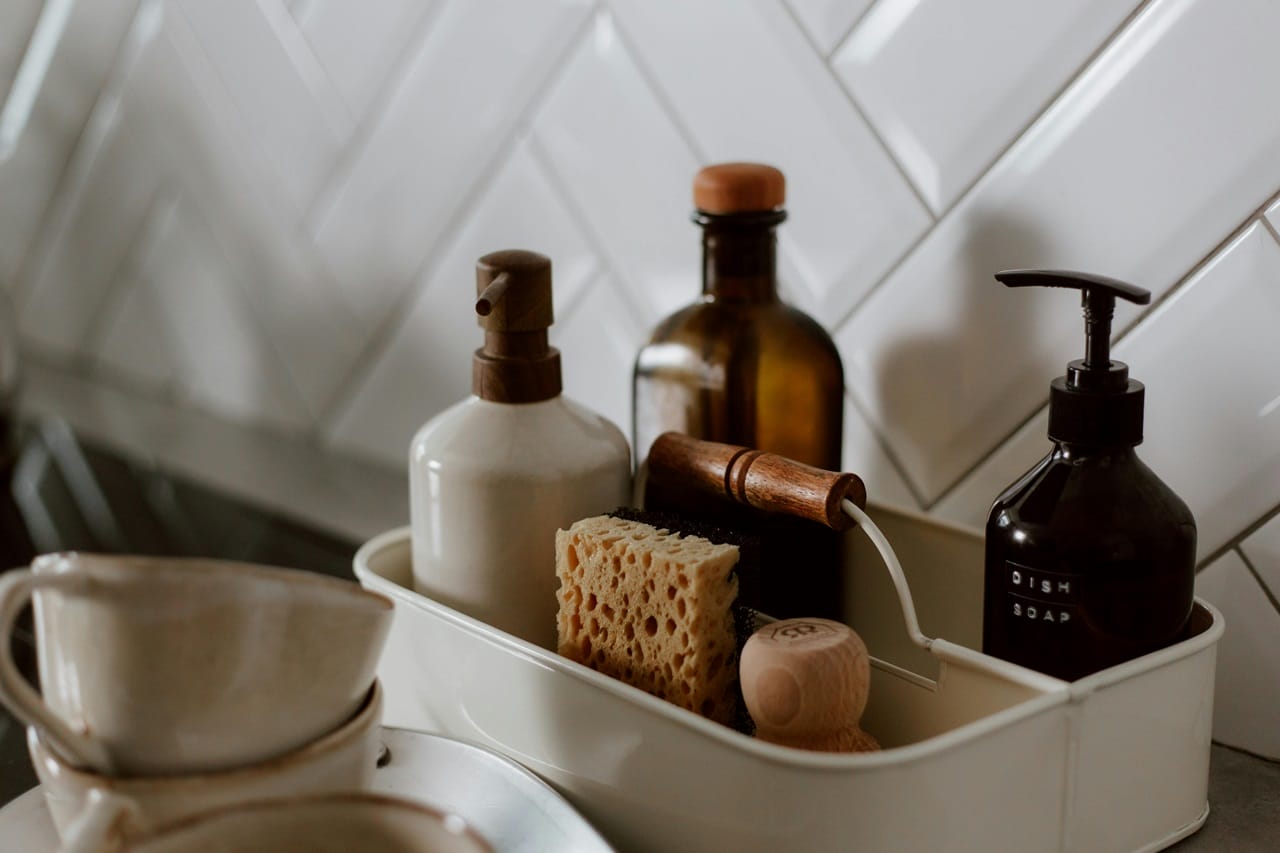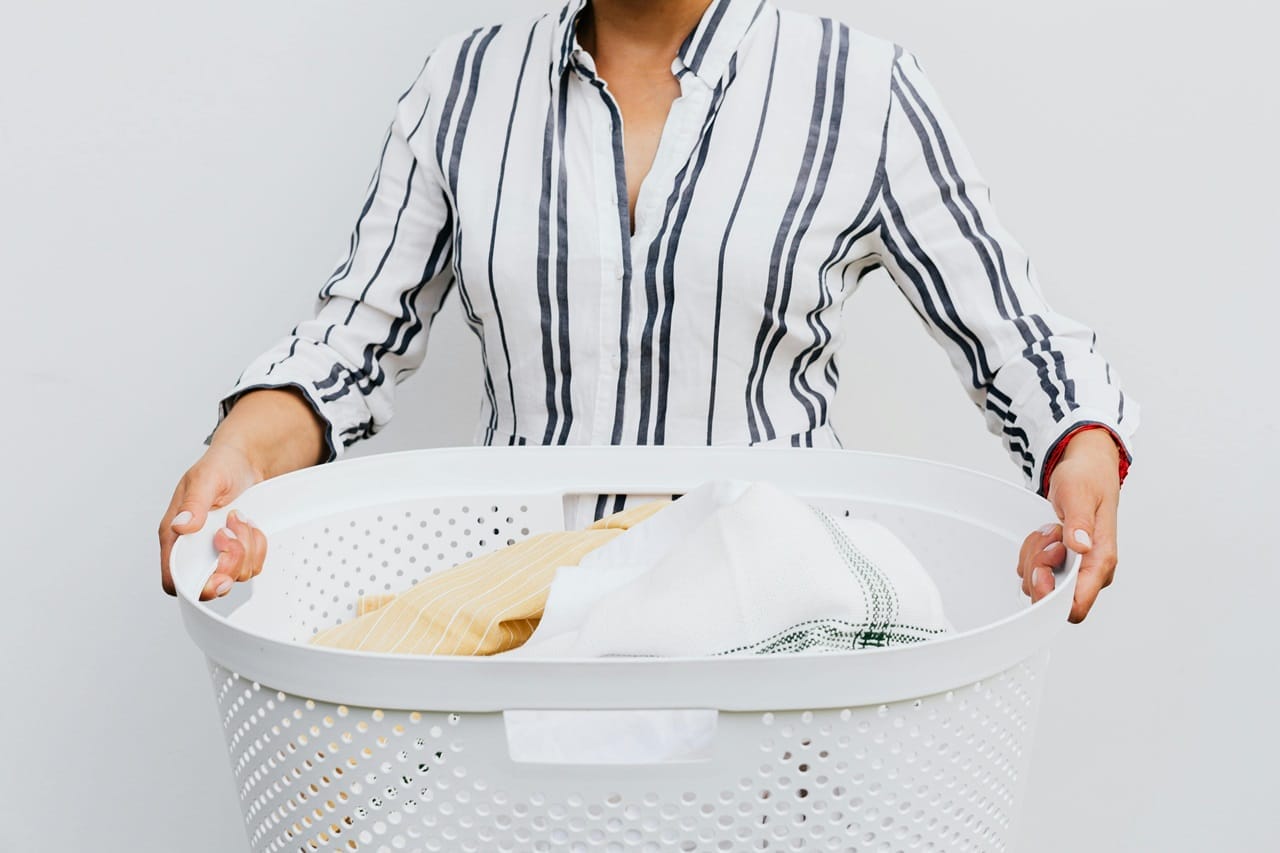The kitchen is the heart of every home, a place where meals are prepared and memories are made. However, it’s also an area that often attracts unwelcome visitors like ants and cockroaches. These pests are not only unsightly but can also pose serious health risks, as they carry bacteria and contaminate food. Keeping them out of your kitchen requires a combination of cleanliness, preventive measures, and, when necessary, targeted pest control.
This guide provides practical and effective steps to ensure your kitchen remains free of ants and cockroaches, creating a healthier and more enjoyable space for you and your family.
1. Maintain a Spotless Kitchen
The first line of defense against pests is cleanliness. Ants and cockroaches are attracted to food residues, grease, and crumbs, which can easily accumulate in the kitchen.
- Wipe Surfaces Regularly: Clean kitchen counters, tables, and stovetops after each use. Use a disinfectant or a vinegar solution to eliminate food residues and odors that attract pests.
- Sweep and Mop Floors: Crumbs and spills can collect on the floor, providing a feast for pests. Sweep and mop daily, paying special attention to corners and under appliances.
- Keep the Sink Clean: Avoid leaving dirty dishes in the sink overnight. Wash them promptly and ensure the sink is dry, as both ants and cockroaches are drawn to water sources.
2. Store Food Properly
Improper food storage is one of the main reasons pests invade kitchens. By storing food securely, you remove a primary attraction for ants and cockroaches.
- Use Airtight Containers: Store dry goods like rice, flour, sugar, and snacks in airtight containers. This not only keeps pests out but also preserves the freshness of your food.
- Refrigerate Perishable Items: Don’t leave fruits, vegetables, or other perishable items exposed on the countertop for extended periods. Use the refrigerator to store them safely.
- Dispose of Food Waste Quickly: Empty the kitchen trash regularly, especially if it contains food scraps. Use trash cans with tightly fitting lids to prevent access.
3. Seal Entry Points
Ants and cockroaches are experts at finding ways into your kitchen through cracks, gaps, and holes. Sealing these entry points is a critical step in pest prevention.
- Inspect Your Kitchen: Check for gaps around windows, doors, and pipes. Pay attention to areas under the sink and behind appliances.
- Use Caulk or Sealants: Seal cracks and crevices with caulk or silicone to block pest access. For larger gaps, use steel wool or mesh before sealing.
- Install Door Sweeps and Weather Stripping: These can help close gaps under doors and around windows, making it harder for pests to enter.
4. Eliminate Moisture Sources
Cockroaches, in particular, thrive in moist environments. Addressing water sources in your kitchen can significantly reduce their appeal.
- Fix Leaks Promptly: Repair any leaking faucets, pipes, or appliances like dishwashers and refrigerators. Even small drips can attract pests.
- Dry Damp Areas: After cleaning or washing, ensure that sinks, countertops, and floors are dry. Use a dehumidifier if your kitchen tends to be humid.
- Avoid Standing Water: Don’t leave water in pet bowls or open containers overnight, as this can provide hydration for pests.
5. Use Natural Deterrents
Natural remedies can help repel ants and cockroaches without exposing your kitchen to harmful chemicals. These methods are eco-friendly and safe for households with children or pets.
- Citrus Peels: Ants dislike the smell of citrus. Place orange or lemon peels near entry points or areas where you’ve seen ants.
- Vinegar Spray: Mix equal parts vinegar and water in a spray bottle and use it to clean surfaces. This disrupts ant scent trails and discourages them from returning.
- Essential Oils: Peppermint, tea tree, and eucalyptus oils are effective natural repellents. Add a few drops to a spray bottle of water and spray along windowsills, doorways, and cracks.
- Bay Leaves and Cucumber Slices: Place these items in cabinets or on countertops to repel cockroaches naturally.
6. Set Up Physical Barriers
Physical barriers can help prevent pests from accessing your kitchen.
- Sticky Traps for Cockroaches: Place sticky traps under sinks, behind appliances, and in dark corners to catch cockroaches and monitor their activity.
- Ant Baits: Use commercial ant baits along trails to eliminate colonies. The ants carry the bait back to their nest, effectively targeting the source of the problem.
- Diatomaceous Earth: Sprinkle food-grade diatomaceous earth in cracks and crevices. It’s safe for humans but dehydrates and kills pests upon contact.
7. Seek Professional Pest Control When Necessary
If your pest problem persists despite your best efforts, it may be time to call in professionals. Pest control services can identify the root cause of the infestation and apply targeted treatments to eliminate ants and cockroaches.
- Routine Inspections: Schedule regular inspections to identify potential problems early and prevent full-blown infestations.
- Safe Treatments: Professional pest control companies use advanced methods that are safe for families and effective against pests.
8. Educate Your Household
Pest prevention is a collective effort, and everyone in your household must participate.
- Establish Rules: Encourage family members to eat only in designated areas and clean up after themselves.
- Involve Kids: Teach children the importance of keeping the kitchen tidy, such as wiping up spills and disposing of food wrappers properly.
- Monitor Pets: Keep pet food in sealed containers and clean their feeding area regularly to avoid attracting pests.
9. Adopt Preventive Habits for the Long Term
Consistency is key when it comes to keeping ants and cockroaches out of your kitchen. Adopting preventive habits will ensure that pests don’t find your home inviting.
- Regular Deep Cleaning: Periodically clean behind and under appliances, inside cabinets, and in other hidden areas where pests may lurk.
- Inspect Groceries: Check grocery bags and containers for ants or cockroaches before bringing them into your home.
- Monitor Outdoor Areas: Trim plants and shrubs near your kitchen windows and doors, as they can serve as a bridge for pests to enter.
Conclusion
Keeping ants and cockroaches out of your kitchen requires diligence, attention to detail, and a proactive approach. By maintaining a clean and organized kitchen, sealing entry points, eliminating moisture, and using natural or professional pest control methods, you can effectively safeguard your kitchen from these unwanted intruders. Remember, the key is to remove the factors that attract pests in the first place and to address issues promptly before they escalate. With these strategies, you can enjoy a clean, pest-free kitchen that serves as a safe and welcoming space for your family.







